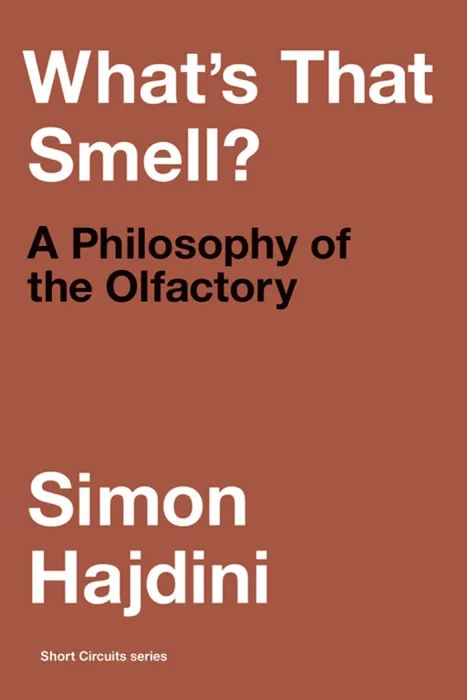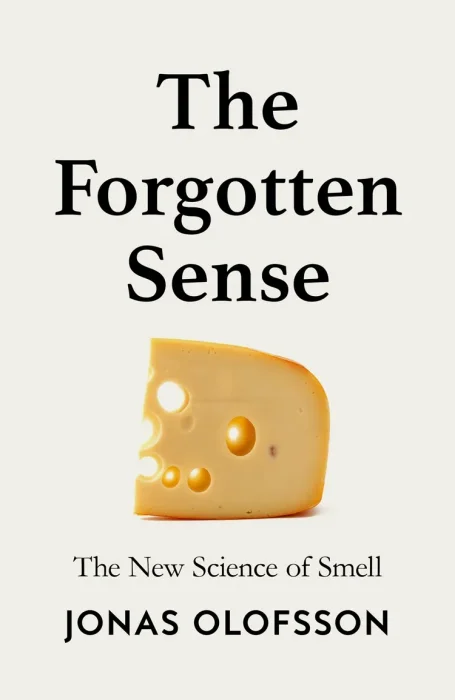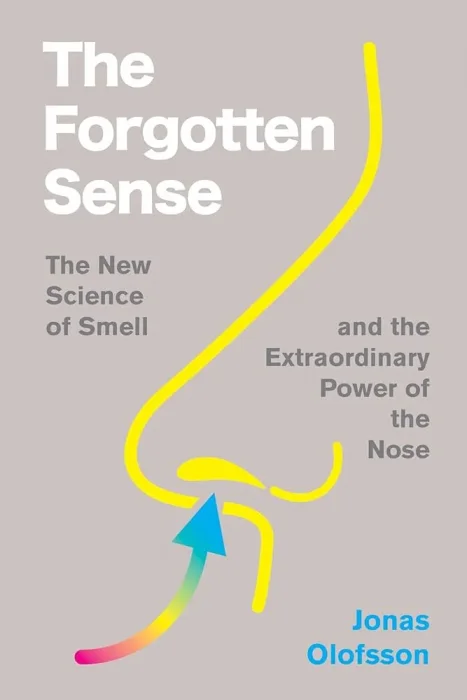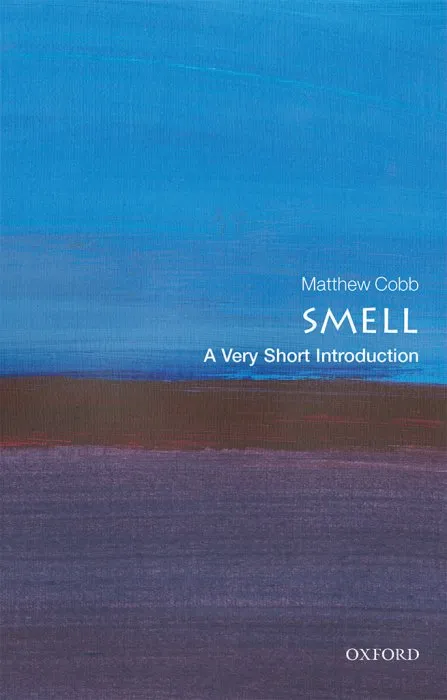What's That Smell?: A Philosophy of the Olfactory (Short Circuits)

Date: March 5th, 2024
ISBN: 0262547562
Language: English
Number of pages: 216 pages
Format: EPUB
Add favorites
How our sense of smell engages with philosophy, psychoanalysis, and political economy—and how it can help enrich our understanding of the nature of truth, language, economy, and sexuality.
Why is it that, in Indo-European languages at least, we have no language to describe smells, leaving us (and famously Juliet) no choice but to call the scent of a rose simply “sweet”? In What's That Smell?, a groundbreaking exploration of the intersection between philosophy, psychoanalysis, and the oft-neglected sense of smell, Simon Hajdini sets out to answer this complex question. Through new readings of traditional and modern philosophical texts, Hajdini places smell at the very center of a philosophical critique of the traditional notion of truth, challenging the idea that smell is the antiphilosophical sense par excellence.
Through fresh engagements with fundamental philosophical issues, original analyses of modern literature and film, and the novel use of scientific research into smell within a humanities context, Hajdini situates problems of olfaction at the very point of inception of cultural life. He proposes that ontology, civilization, and capitalist economy alike can be said to amount to "shit management." And only by following the philosophically most deplorable of the senses, the book argues, can we better understand the central philosophical, psychoanalytical, and political issues of truth, sex, and exploitation.
Why is it that, in Indo-European languages at least, we have no language to describe smells, leaving us (and famously Juliet) no choice but to call the scent of a rose simply “sweet”? In What's That Smell?, a groundbreaking exploration of the intersection between philosophy, psychoanalysis, and the oft-neglected sense of smell, Simon Hajdini sets out to answer this complex question. Through new readings of traditional and modern philosophical texts, Hajdini places smell at the very center of a philosophical critique of the traditional notion of truth, challenging the idea that smell is the antiphilosophical sense par excellence.
Through fresh engagements with fundamental philosophical issues, original analyses of modern literature and film, and the novel use of scientific research into smell within a humanities context, Hajdini situates problems of olfaction at the very point of inception of cultural life. He proposes that ontology, civilization, and capitalist economy alike can be said to amount to "shit management." And only by following the philosophically most deplorable of the senses, the book argues, can we better understand the central philosophical, psychoanalytical, and political issues of truth, sex, and exploitation.
Download What's That Smell?: A Philosophy of the Olfactory (Short Circuits)
Similar books
Information
Users of Guests are not allowed to comment this publication.
Users of Guests are not allowed to comment this publication.




